The period from 1868 to 1913 was a springboard for many of the luminaries who, after their time at McGill’s Faculty of Law, would go on to influence the development of Quebec and Canada in profound ways. The people who called the Faculty home during this time, such as Sir Wilfrid Laurier, would go on to lead governments, preside over courts, and help create some of the most prominent institutions of our society. Within the Faculty itself, important members of the greater McGill and Montreal communities, such as William Macdonald and F.P. Walton, solidified many of the foundational elements that make the McGill Law experience what it is today, including the formation of the Law Students’ Association, the cementing of bilingualism in our legal education, and championing a program predicated on academic exploration and comparative study. McGill’s Faculty of Law was still in its infancy, yet some of its most lasting marks on Quebec and Canadian history were made in this time period.
In this period:
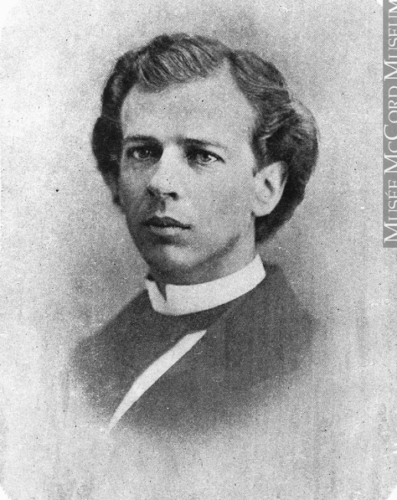
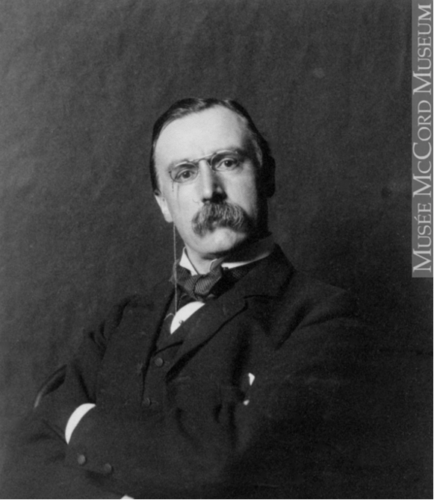
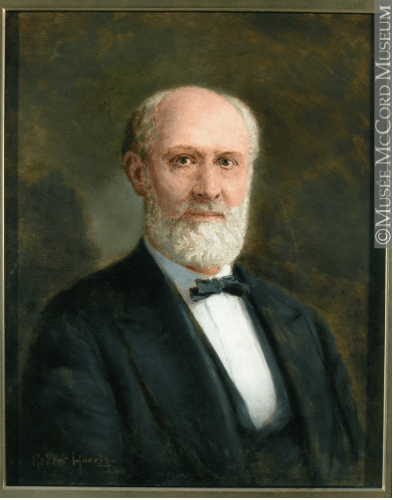
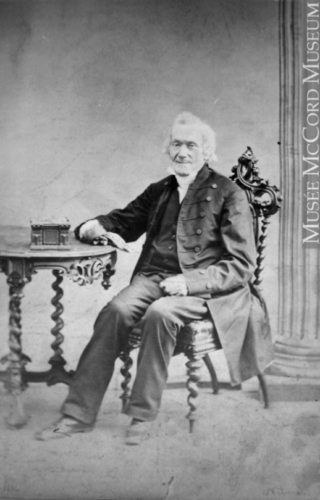
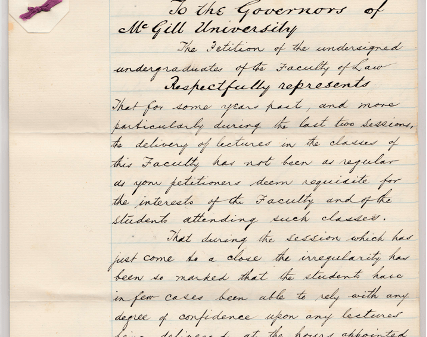
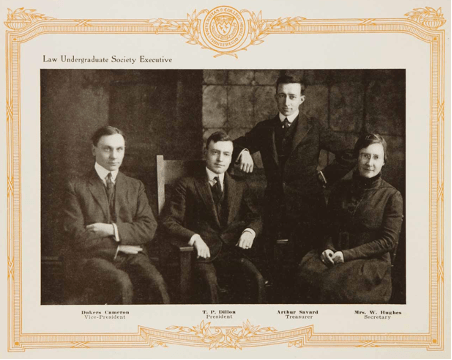
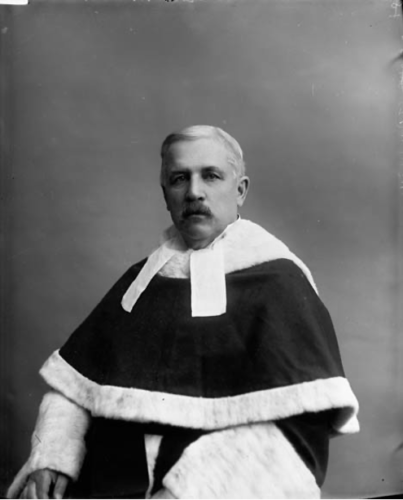
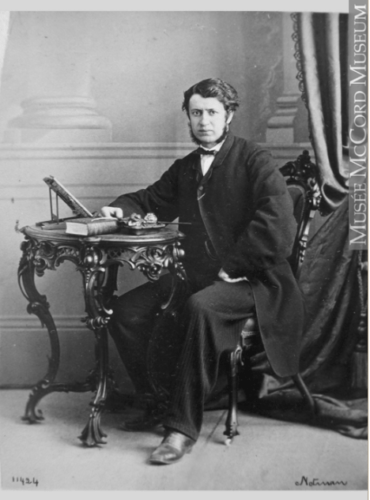
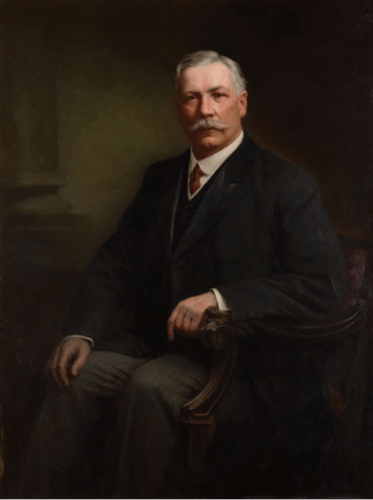
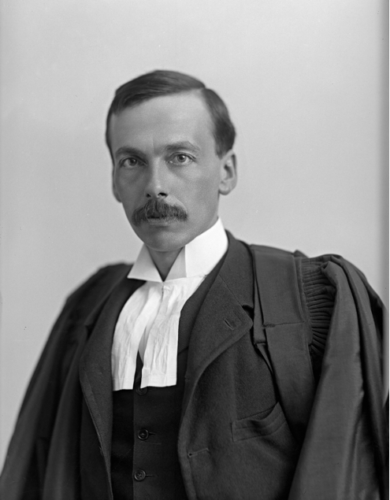
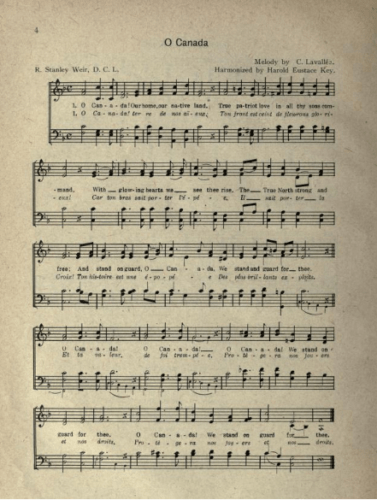
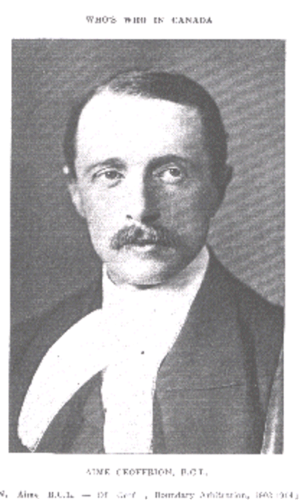
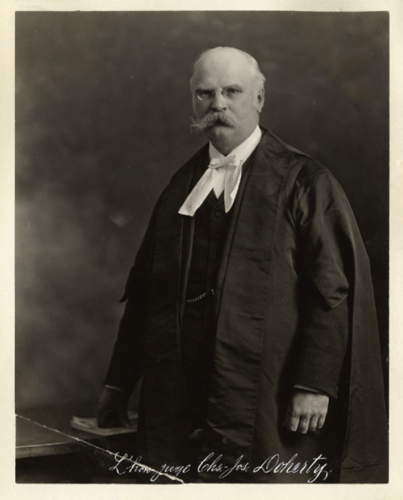
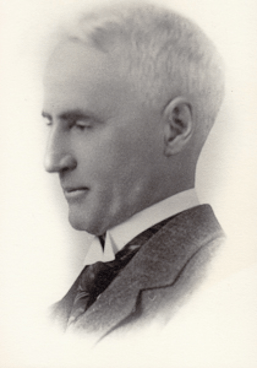

Sir Wilfrid Laurier

The Right Honourable Sir Wilfrid Laurier (B.C.L. 1864, LL.D. 1898) was born to parents who were Francophone farmers in Saint-Lin, Canada East (Quebec). Laurier subsequently moved to nearby New Glasgow to learn English. Years later, Laurier came to study at McGill’s Faculty of Law. Upon graduating from the Faculty, Laurier delivered—in French—his cohort’s valedictory speech in 1864.
In the years that followed, Laurier practiced law in Montreal and became involved with the federal Liberal Party. Laurier was the seventh Prime Minister of Canada and the first francophone to hold that office (1896–1911). Laurier served the longest consecutive term of any prime minister in Canadian history; his nearly 45 years of service (1874–1919) is also a record for a Member of Parliament in the House of Commons. Laurier is renowned for having promoted national unity between French and English Canada.
Dean Frederick P. Walton

Frederick P. Walton was Dean of the Faculty of Law from 1897–1914, appointed with the help of a $50,000 grant from William Macdonald. A distinguished English legal scholar trained at Oxford and Edinburgh, Walton was an ardent defender of bilingualism at McGill. This was controversial at the time of his appointment and led alumni to discuss opening a new law school in Montreal for anglophone students. He also defended women’s rights, arguing at one point that the Civil Code of Lower Canada did not go far enough to protect women’s family rights, an idea that was rebuffed in Le Devoir by Pierre-Basile Mignault. Walton successfully fought to allow the admission of Annie Macdonald Langstaff, the first woman admitted to the Faculty.
In the McGill Law Journal, Walton is noted as “the first career law professor associated with McGill and probably the first in Canada.”
William Christopher McDonald’s $200,000 Donation

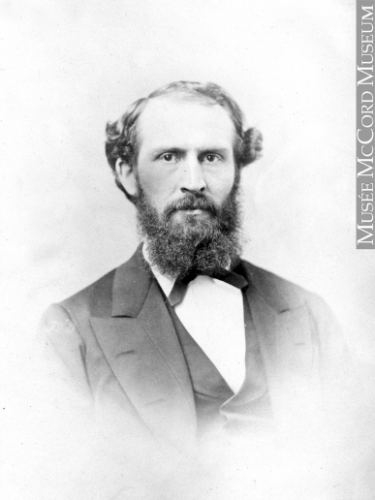
William Christopher Macdonald, father of the Macdonald tobacco empire, endowed two professorships in law in 1885, ultimately giving $200,000 to the Faculty. This prompted McGill to rename the Faculty of Law “The Faculty of Law (Macdonald Foundation)” from 1898–1921. His endowment required that faculty members prioritize teaching over their practices, and specifically that the Dean and Faculty Secretary would, in his words, “devote himself zealously to the management and continuous advancement of the Faculty and the instruction therein.” He was known as the foremost “protector of McGill”—he left over $13 million to the University in his lifetime. He served as the fourth Chancellor of McGill, from 1914–1917. He also founded the Macdonald Agricultural Campus in Ste-Anne-de-Bellevue on the site of the former Reford’s Farm.
Macdonald was passionate about advancing education elsewhere in Canada. He established a system of rural schools in his native Prince Edward Island, New Brunswick, and Nova Scotia.
Gale Chair

The Gale Chair, the Faculty’s first endowed chair, created the first full-time paid professorship. It was established in 1883 in honour of Justice Samuel Gale, a judge on the Court of King’s Bench in Montreal and advocate of English minority rights in the Eastern Townships. His daughter, Mrs. Andrew Stuart, set up the endowment to fund a full-time deanship for the Faculty and most Deans appointed since have held the Chair. Its first recipient was Dean Kerr in 1885.
1877 Petition

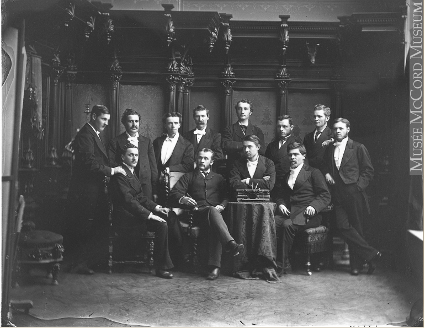
Students in the B.C.L. programme were aggravated that professors were missing classes to attend to their practices, petitioning (see above, left) that “the irregularity [of classes] has been so marked that the students have in few cases been able to rely with any degree of confidence upon any lectures being delivered at the hours appointed…”
One of the other key changes of this era was that demand for a legal education was at an all-time high—78 students enrolled that year. The interests of all of these students were undoubtedly furthered by the endowments creating the Gale Chair and Macdonald Chair for permanent, full-time faculty.
Founding of the LSA
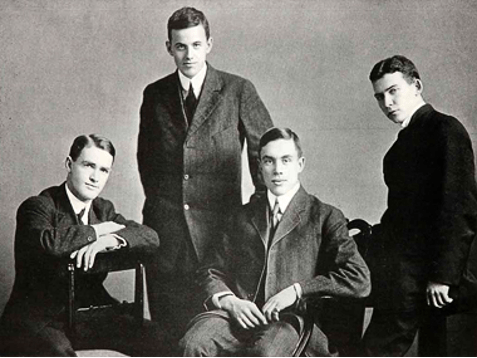

The Law Students’ Association was formed in 1912 as the Law Undergraduate Society. The 1898 version of Old McGill shows earlier signs of a law students’ society fourteen years prior, noting at the time that “[a] long step forward was taken when the Law men formed themselves into a society governed by a settled constitution.” (Left photo) Seated at the centre is W.B. Scott, who became Associate Chief Justice of Quebec, and whose younger brother was F.R. Scott. W.B. Scott was also one of the first McGill Law students to enlist for World War I.
(Right photo) Secretary Mrs. W. Hughes (née Adella Currie, B.C.L. 1920) became in 1918 the first woman to serve on the LSA Executive. She and Florence Seymour Bell graduated from the Law Faculty that year, the first cohort of women following Annie Macdonald Langstaff.
Désiré Girouard – First Law Graduate to be Named Justice of the Supreme Court

Désiré Girouard (B.C.L. 1860) delivered the valedictory speech for his graduating class at the Faculty. Having been influenced by his prior sectarian education, Girouard was a deeply religious and conservative person, and was a fierce opponent of the growing liberal movement in Quebec, embodied by Gonzalve Doutre and the Institut canadien.
Girouard went on to practice law in Montreal, and spent 17 years as a Member of the federal Parliament, where he was highly critical of the Government’s execution of Louis Riel in the Northwest Rebellion. After his time as an MP, Girouard served as the first mayor of Dorval from 1892 up until his appointment to the Supreme Court in 1895. Girouard was McGill Law’s first graduate named to the Supreme Court of Canada; he was also the first Supreme Court justice to have a law degree. Since his appointment, 12 other McGill Law alumni have been named to the Supreme Court. Despite his lack of judicial experience, Girouard was favourably received: he brought to the Court a reputation for political independence, honesty, and legal scholarship.
Gonzalve Doutre
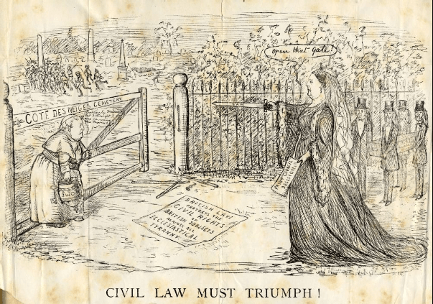

The Institut Canadien was founded by French-Canadian intellectuals in 1844 as a liberal cultural space and library. The library included several works on the Church’s Index of Forbidden Books. Many McGill Law graduates and professors took part, including P.R. Lafrenaye, T.A.R. Laflamme, and Gonzalve Doutre (B.C.L. 1861, D.C.L. 1873).
Outside of his involvement with the Institut, Gonzalve Doutre was a young leader in the legal discipline and a strong advocate for liberal reform in Quebec. He was at the centre of the growing conflict between liberalism and religious conservatism within the French-Canadian community. He was also committed to improving legal education through reforms to the Bar Act; he also created a short-lived law school at the Institut. During his time as a professor of civil procedure at McGill, Doutre delivered addresses and lectures in English, causing frustration among francophone students and disapproval from the administration. Doutre was also involved in the Guibord affair, during which a member of the Institut, Joseph Guibord, was refused the right to be buried in the Côte-des-Neiges Catholic cemetery. This conflict, depicted above (left), brought the rising tensions between the Catholic Church and the liberal rule of law into relief.
Alexander Cameron Rutherford, First Premier of Alberta

Alexander Cameron Rutherford (B.C.L. 1881) became the first Premier of Alberta in 1905 when the province was created from the Northwest Territories. Rutherford was a strong proponent of building Alberta’s public infrastructure, including the early projects that established the Province’s public education, telecommunications, and railway systems. One of his government’s first priorities was founding the University of Alberta, choosing his hometown of Strathcona (then a town just outside of Edmonton) for its main campus.
After retiring from public life, Alexander Rutherford served as Chancellor of the University of Alberta from 1927 until his death in 1941. His home near the University’s campus, Rutherford House, is now designated as an Alberta provincial historic site.
Eugène Lafleur

Eugène Lafleur (B.C.L. 1880, D.C.L. 1890), along with Pierre-Basile Mignault and Aimé Geoffrion, is considered one of the foremost champions of the civil law of Quebec. He was “truly bilingual, bilegal, and bicultural, but single-mindedly Canadian.”
Lafleur taught international law at McGill from 1890-1909 and was named bâtonnier of Montreal in 1905. He pleaded an outstanding 30 recorded times before the Privy Council and in 300 recorded cases at the Supreme Court of Canada. Lafleur rebuffed both Laurier’s and Mackenzie King’s requests to join the bench, despite the latter urging him to be Chief Justice of the Supreme Court of Canada; Lafleur preferred to remain a practicing lawyer. Among his other accomplishments in the field of international law, Lafleur chaired the 1911 commission that settled the Chamizal Tract Mexican-American boundary dispute. In 1898, he wrote his famous The Conflict of Laws in the Province of Quebec. From his retirement in 1921 until 1929, he held the title of Professor Emeritus at McGill Law.
O Canada Lyrics

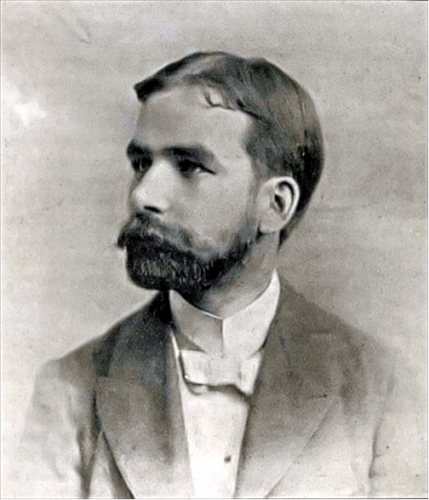
Robert Stanley Weir (B.C.L. 1891) penned the English lyrics to Canada’s national anthem, O Canada, while at his summer residence on Lake Memphremagog. He based the words on the original French lyrics by Adolphe-Basile Routhier and music by Calixa Lavallée. Interestingly, the second line of Weir’s original lyrics read “True patriot love thou dost in us command,” which is similar to the newly revised version passed by Parliament in early 2018. His lyrics were published in the 1921 edition of the McGill University Songbook.
Aimé Geoffrion

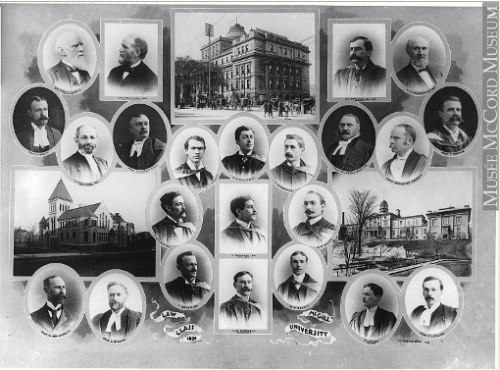
Aimé Geoffrion (B.C.L. 1893) was the son of Christophe-Alphonse Geoffrion (a notable and radical participant in the Institut canadien and a member of Wilfrid Laurier’s cabinet). Aimé Geoffrion won the Elizabeth Torrance Gold Medal and went on to be one of the foremost champions of Quebec civil law, alongside fellow McGill Law luminaries Eugène Lafleur and Pierre-Basile Mignault. Geoffrion became a professor at the Faculty and bâtonnier of the Bar of Montreal. He was one of the most celebrated lawyers of his time, renowned for his quick wit at trial, pleading over 100 times before the Privy Council in constitutional matters alone.
The Aimé Geoffrion Medal was established in 1977 by his daughter, Mrs. H-E. Vautelet. The Medal celebrated the student with the highest overall standing in the National Programme, reflecting Geoffrion’s reputation as an advocate of legal principles embodied in both of Canada’s leading legal traditions. Since the introduction of the Transsystemic Program, the award now honours the graduating student with the second-highest overall performance in the Faculty.
Charles Doherty, Minister of Justice

Charles Doherty (B.C.L. 1876, D.C.L. 1893) won the Elizabeth Torrance Gold Medal and was Minister of Justice in the government of Prime Minister Arthur Meighen. He was Canada’s representative to both the first session of the League of Nations and the post-World War I Peace Conference at Versailles, the latter earning his appointment as Privy Counsellor from King George V and the honorific style “The Right Honourable.” He helped found the Canadian Bar Association and was its first honorary president in 1914.
Thomas Shearer Stewart

Thomas Shearer Stewart (B.C.L. 1908) was left blind at age 16 when his eye surgeon, while operating on Stewart’s damaged eye, removed the wrong eye. Stewart nonetheless enrolled at McGill with the financial support of William Macdonald. His sister transcribed his exams and his brother, William, read all of Tom’s readings to him. When William Stewart won the Elizabeth Torrance Gold Medal, Thomas Stewart won the Silver Medal that same year.
Stewart’s family endowed the Thomas Shearer Stewart Travelling Fellowship in 1967. It allows a Canadian graduate of the Faculty to follow a programme of studies in law outside Quebec, in the tradition of the two Stewart brothers.
Sports at McGill Law

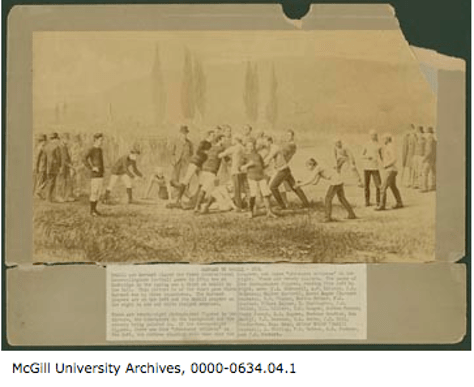
Students from the McGill Faculty of Law played a leading role in the creation of two of the country’s favourite sports: hockey and football.
This photo (left) of the McGill men’s hockey team was taken by John Henderson during the 1884 Winter Carnival Hockey Tournament in Montreal. It is believed to be the earliest known photograph of a hockey game in action. James Creighton (B.C.L. 1880), inducted into the Nova Scotia Sport Hall of Fame as the “father of organized hockey”, is credited with leading the first organized game of indoor ice hockey at the Victoria Skating Rink on March 3, 1875. He was later appointed law clerk to the Senate in 1883, a position he would hold for 48 years.
Six McGill Law students, along with four other McGill College students, also played in the inaugural North American football match against Harvard University in Cambridge, Massachusetts on May 14th and 15th 1874. Each team fielded 11 players, and played the “Boston Rules” on day one, moving to the “McGill Rules” on day two, which included an oval ball and the permission to pick up the ball and run with it. On October 31 that same year, the “International Foot-Ball Match” was played in Montreal.
